Content management refers to the technical side of content marketing, all those 0s and 1s doing their thing to make sure that your content looks pretty and gets seen by the people. Content management systems (CMS) keep all of your digital assets safe and help manage all of the different aspects of content strategy and creation across your organization. Except, well, that visibility bit is a challenge: you can have beautiful bespoke illustrations or professional photography that accompany content written by highly-specialized and experienced writers, but then it can feel like a wasted investment if nobody sees it.
A CMS is meant to do more than than just provide a means for creating and sharing digital content, however. It’s also designed to ensure your content does get seen. After all, if your content isn’t getting any traction then it’s presumed you won’t want to invest in a more robust version or additional features of the CMS. But this can be extremely difficult if you don’t have enough tech-savvy employees or content professionals who can help you get the most value out of it: the Content Marketing Institute found that a staggering 72% of content marketing professionals find content management to be the most difficult challenge they face in making lively content and content strategies that scintillate for their clients.
It Was Only a Matter of Time Before Machine Learning Came to CMS
Machine learning and AI often get mistaken as one in the same, but they’re two totally different things. Machine learning is how machines are algorithmically trained to make predictions with some degree of accuracy, and that accuracy improves with more accurate predictions and all without any additional programming. AI is the process that helps machines gain capabilities closer to human intelligence. The two are related and machine learning more or less propels AI, but they’re still totally different things. And with the types of data that CMSs glean about how people consume and engage with your content, machine learning is a natural match for content management.
Machine learning will prove particularly handy when it comes to content curation. The CMS will be able to tell what types of content and subjects resonate the most with audiences and the algorithm can adapt to visitors’ behaviors. For example, if a particular subject gets more views than others and prompt a lot of social sharing, the algorithm can point visitors in the direction of similar content and social sharing. The machine can also analyze the tone used in content and what is and isn’t having an effect.
Search functions will also be affected by machine learning as keywords and file names are no longer adequate as there are now nontextual search forms like images and audio. Cognitive searches will no longer produce search engine results pages (SERPs) that are just a page of links, but results based on patterns and all types of content.
Machine learning is a natural fit for content management and will require talent that can deploy this technology and get maximum utility out of it.
 Rachel P is an indie game developer, writer, and consultant. She is also a content strategist here at Writer Access and would be happy to help you with keyword maps, customer journey maps, and buyer personas in addition to writing for you. If you would to like to hire Rachel to devise a content strategy for you, please contact your account manager or send a direct message.
Rachel P is an indie game developer, writer, and consultant. She is also a content strategist here at Writer Access and would be happy to help you with keyword maps, customer journey maps, and buyer personas in addition to writing for you. If you would to like to hire Rachel to devise a content strategy for you, please contact your account manager or send a direct message.

